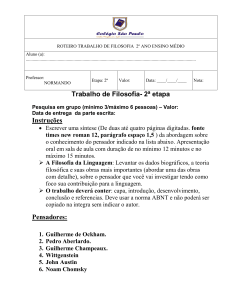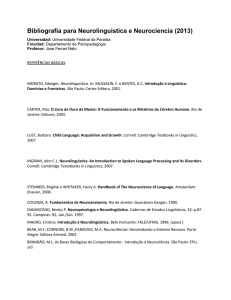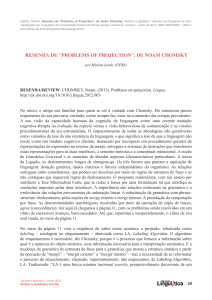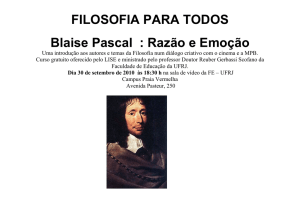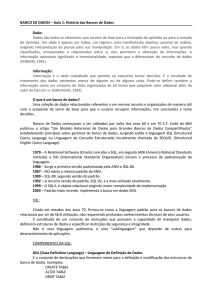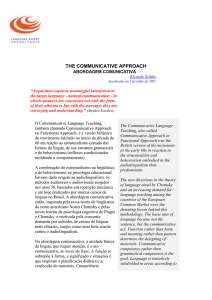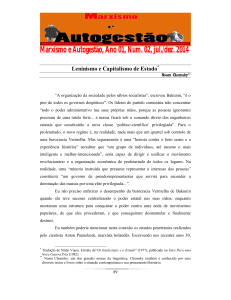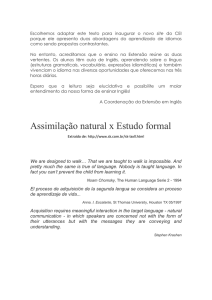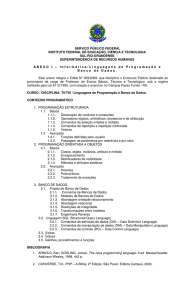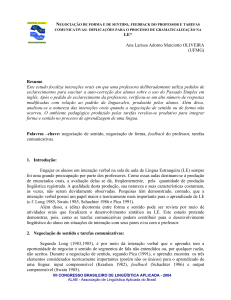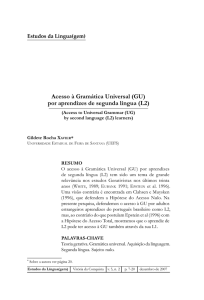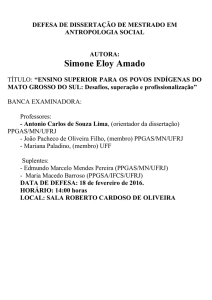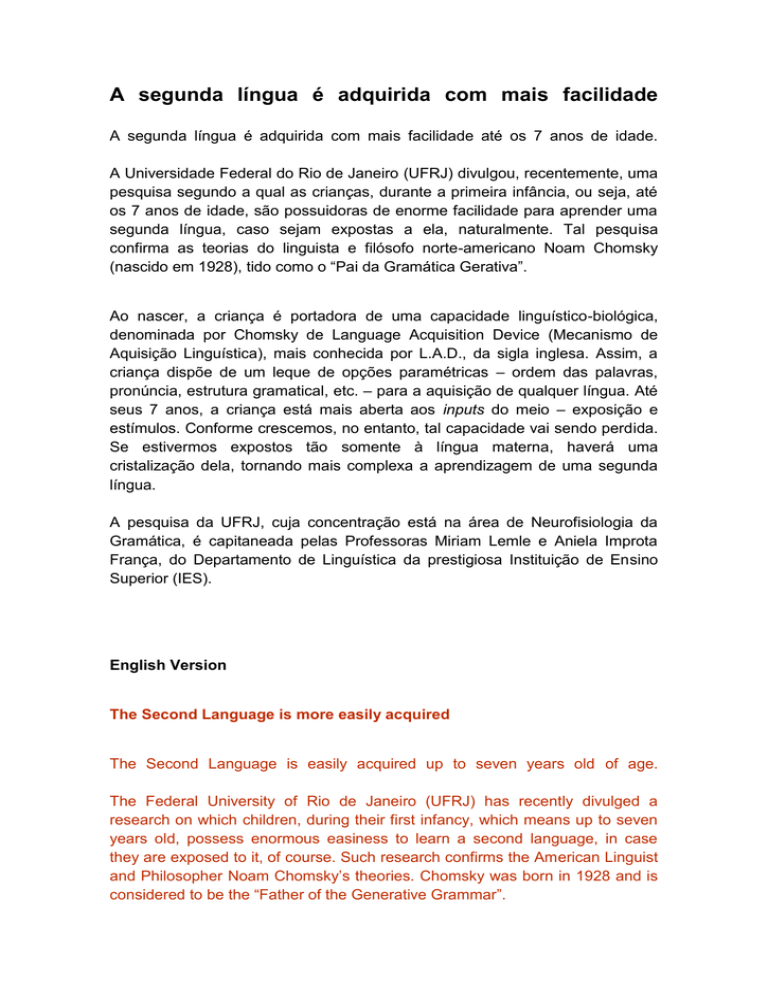
A segunda língua é adquirida com mais facilidade
A segunda língua é adquirida com mais facilidade até os 7 anos de idade.
A Universidade Federal do Rio de Janeiro (UFRJ) divulgou, recentemente, uma
pesquisa segundo a qual as crianças, durante a primeira infância, ou seja, até
os 7 anos de idade, são possuidoras de enorme facilidade para aprender uma
segunda língua, caso sejam expostas a ela, naturalmente. Tal pesquisa
confirma as teorias do linguista e filósofo norte-americano Noam Chomsky
(nascido em 1928), tido como o “Pai da Gramática Gerativa”.
Ao nascer, a criança é portadora de uma capacidade linguístico-biológica,
denominada por Chomsky de Language Acquisition Device (Mecanismo de
Aquisição Linguística), mais conhecida por L.A.D., da sigla inglesa. Assim, a
criança dispõe de um leque de opções paramétricas – ordem das palavras,
pronúncia, estrutura gramatical, etc. – para a aquisição de qualquer língua. Até
seus 7 anos, a criança está mais aberta aos inputs do meio – exposição e
estímulos. Conforme crescemos, no entanto, tal capacidade vai sendo perdida.
Se estivermos expostos tão somente à língua materna, haverá uma
cristalização dela, tornando mais complexa a aprendizagem de uma segunda
língua.
A pesquisa da UFRJ, cuja concentração está na área de Neurofisiologia da
Gramática, é capitaneada pelas Professoras Miriam Lemle e Aniela Improta
França, do Departamento de Linguística da prestigiosa Instituição de Ensino
Superior (IES).
English Version
The Second Language is more easily acquired
The Second Language is easily acquired up to seven years old of age.
The Federal University of Rio de Janeiro (UFRJ) has recently divulged a
research on which children, during their first infancy, which means up to seven
years old, possess enormous easiness to learn a second language, in case
they are exposed to it, of course. Such research confirms the American Linguist
and Philosopher Noam Chomsky’s theories. Chomsky was born in 1928 and is
considered to be the “Father of the Generative Grammar”.
When the child is born, he/she is the holder of a biological linguistic ability
named by Chomsky, “Language Acquisition Device”, which is known as LAD.
Thus, the child makes use of a range of parametric options, word order,
pronunciation, grammar structure, etc. – for the acquisition of any Language.
Until children complete seven years old, they are still open to their reality inputs
– exposition and motivation. As we grow up, however, such ability keeps being
lost. If we are only exposed to our mother tongue, there will be a reinforcement
of it, becoming more and more complex to the learning process of a second
language.
The research of UFRJ, which emphasis is on the Grammatical Neurophisiology
field, is commanded by Professors Miriam Lemle and Aniela Improta França
from the Linguistics Department of the very prestigious Institution of Superior
Education (IES).

